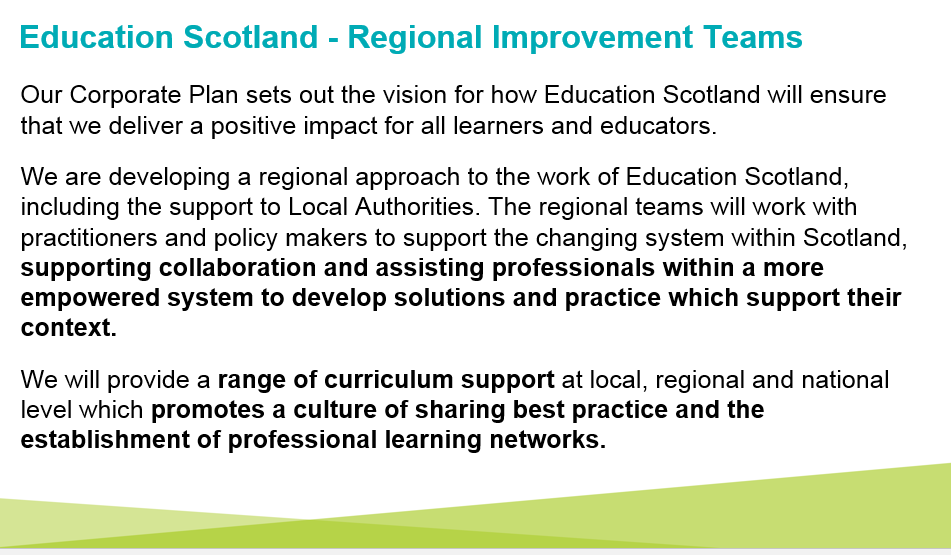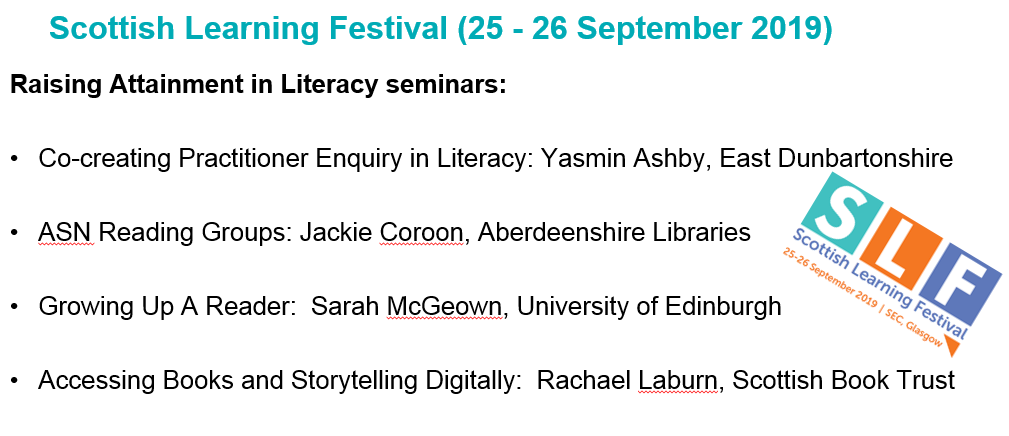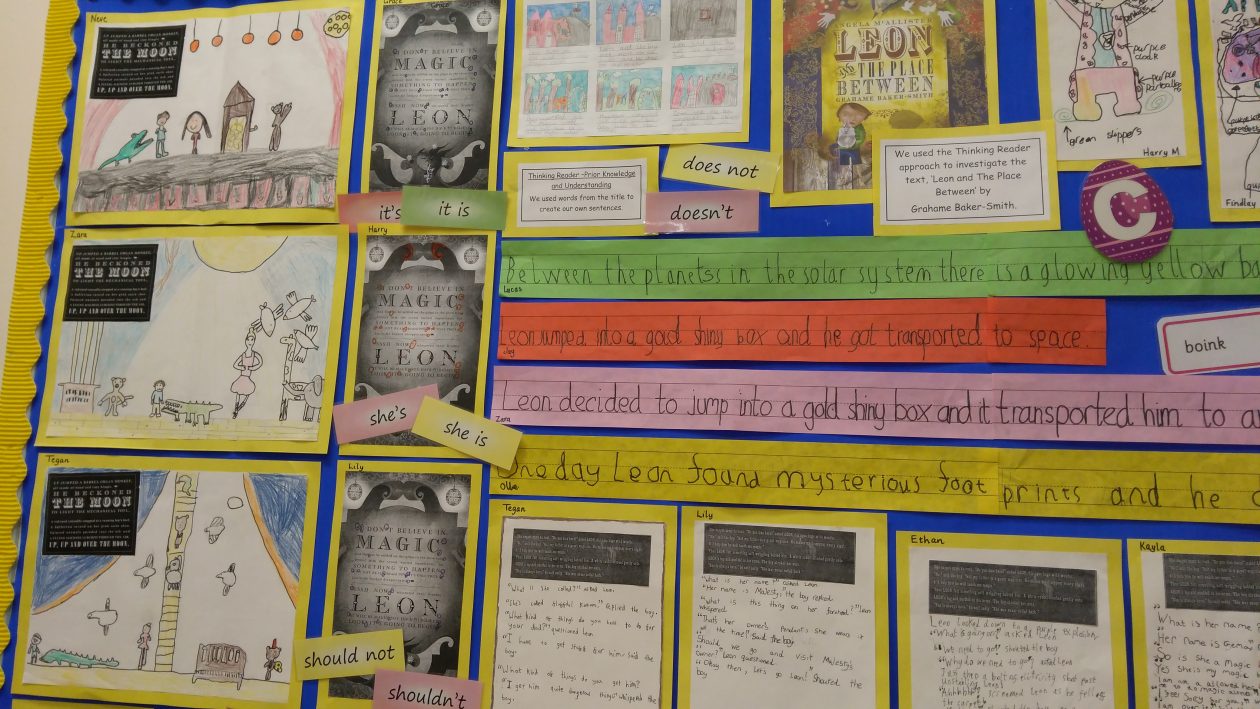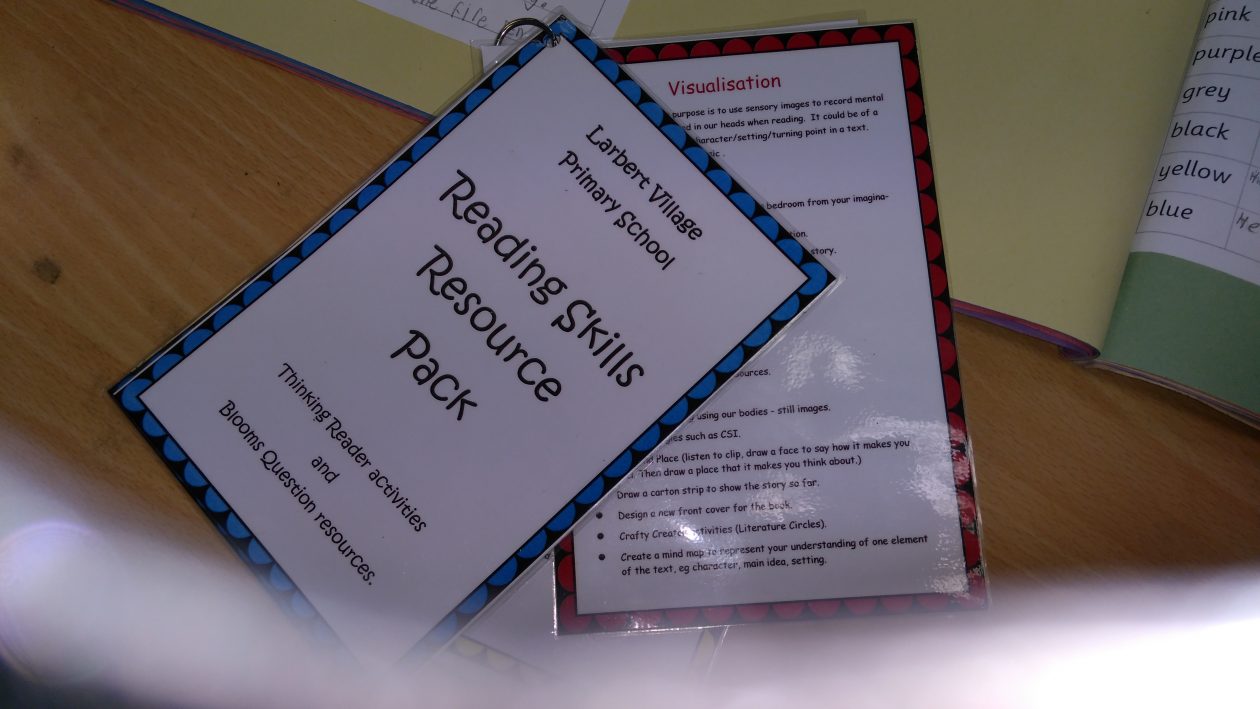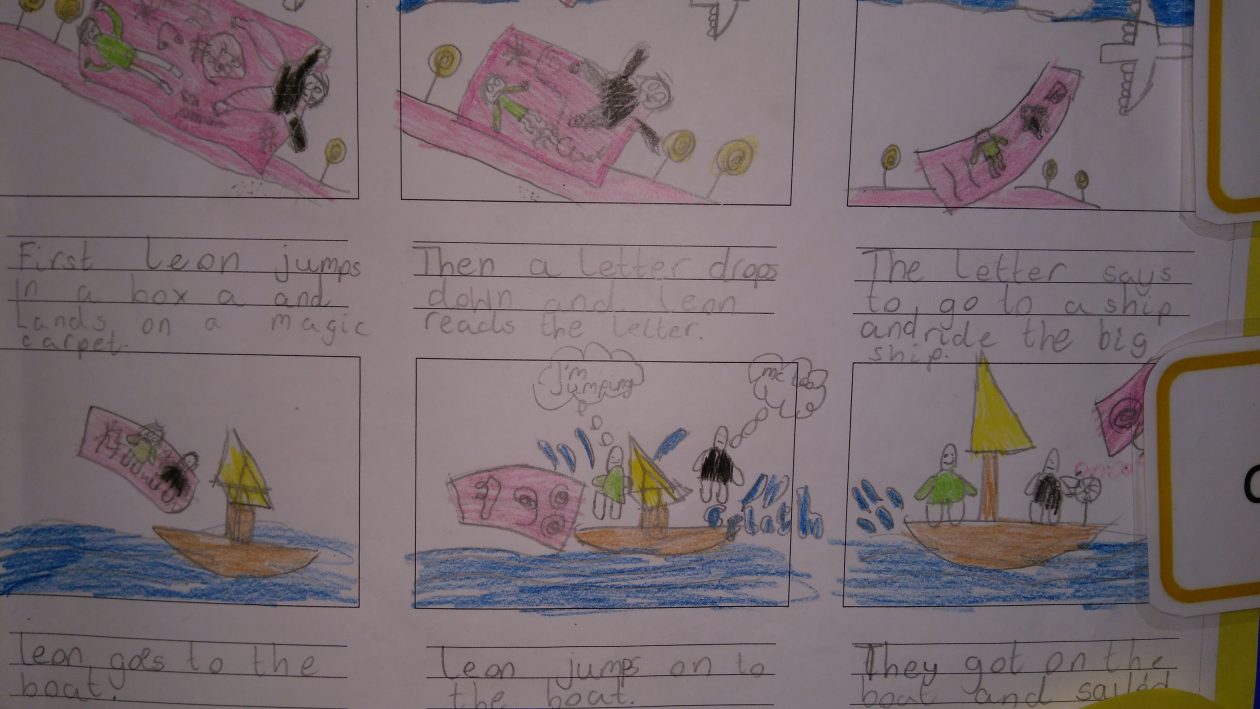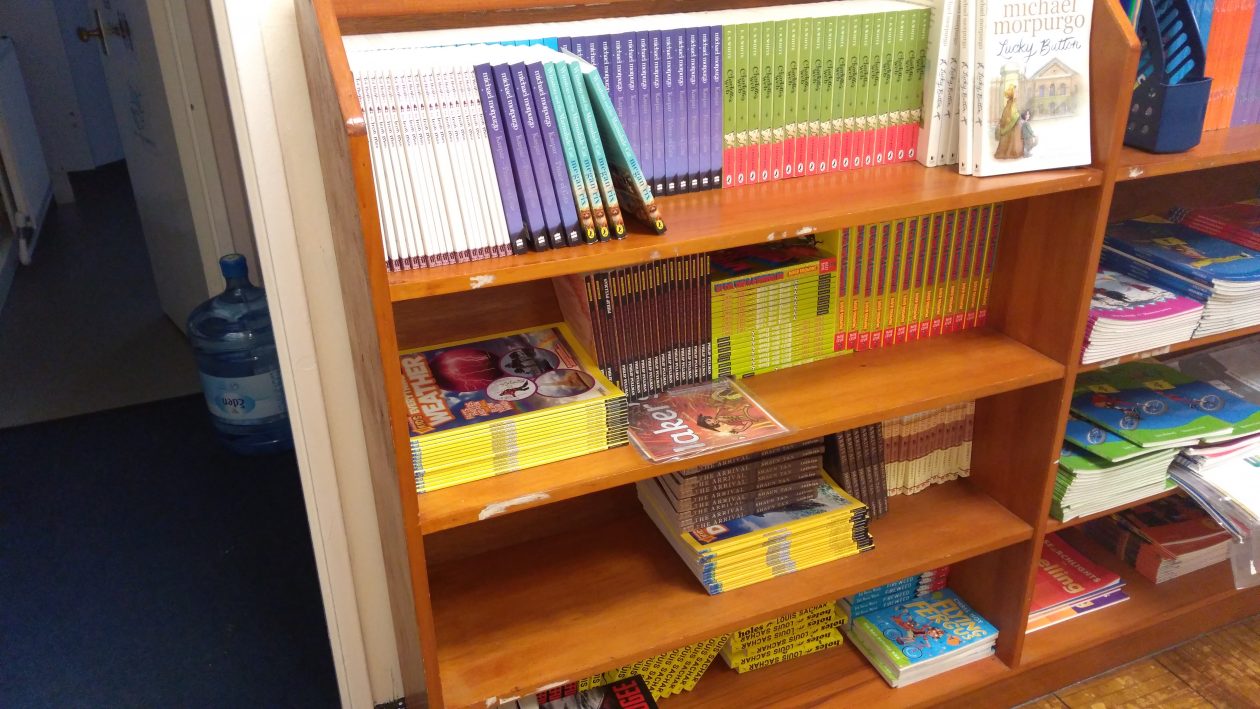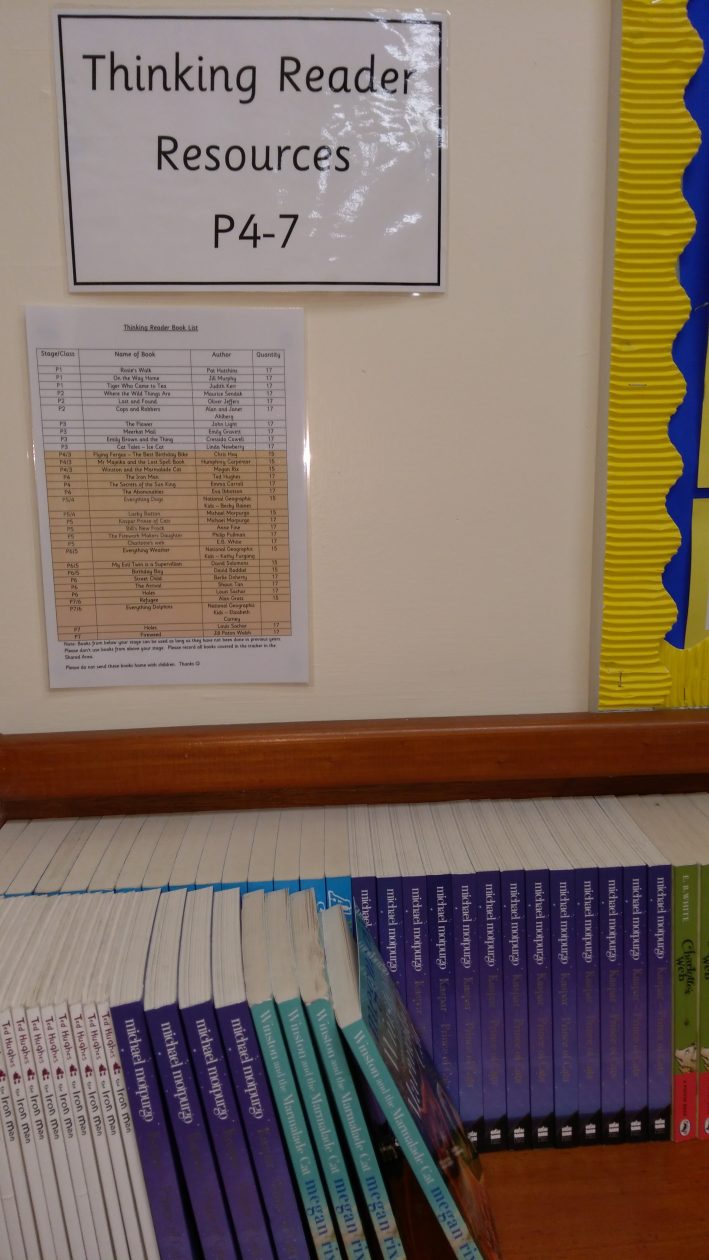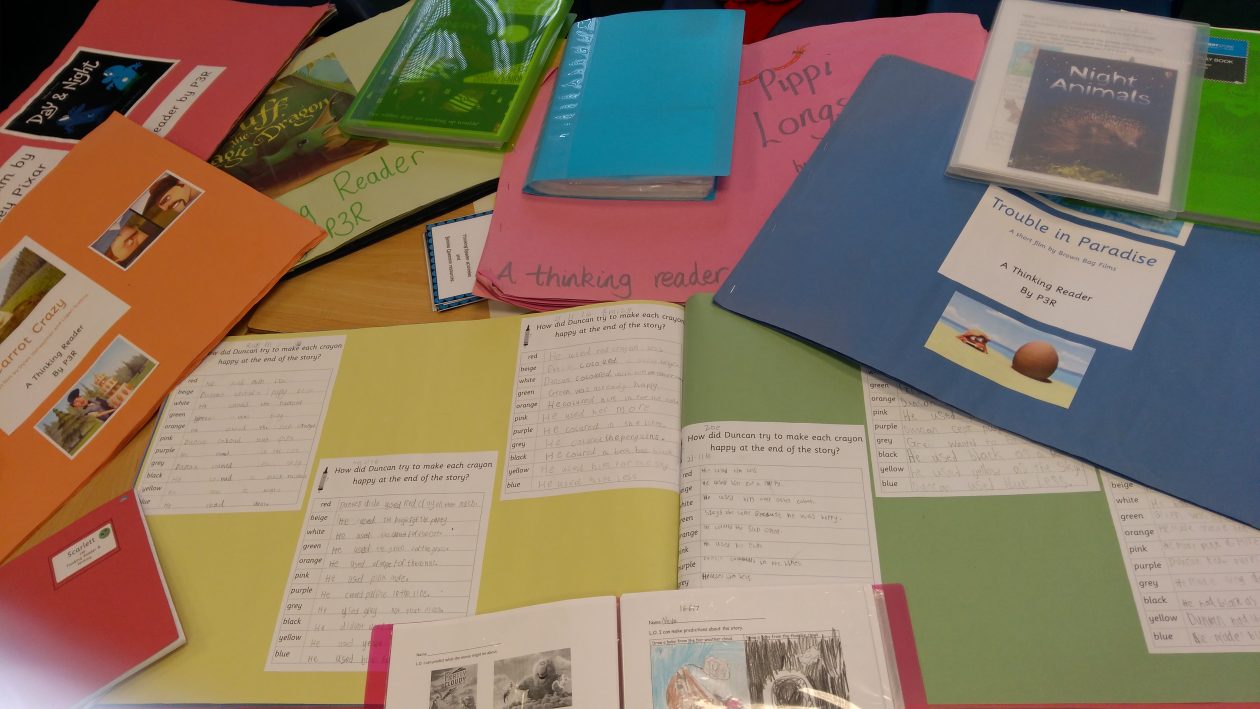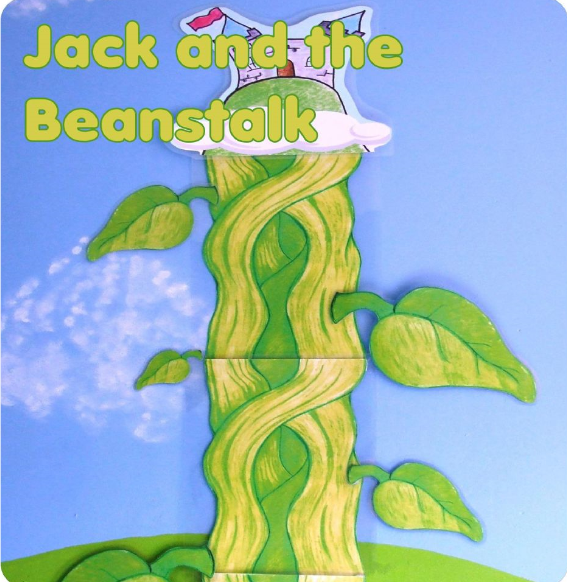 This blog post shares a digital family learning pack created by the literacy team working for Falkirk Children’s Services. This is our first pack produced during the closure of our schools and centres as a result of the corona virus and it uses the story of Jack and the Beanstalk. We hope it helps parents and carers across our authority to support their children’s learning and to enjoy learning together. To use this pack with your children you should:
This blog post shares a digital family learning pack created by the literacy team working for Falkirk Children’s Services. This is our first pack produced during the closure of our schools and centres as a result of the corona virus and it uses the story of Jack and the Beanstalk. We hope it helps parents and carers across our authority to support their children’s learning and to enjoy learning together. To use this pack with your children you should:
- Read over the plan – click here to view (save to a new file in your device?)
- Listen to the story of Jack and the Beanstalk by clicking here OR click here for another version. You might prefer to watch this modern cartoon version or click here to read the story as a text.
- Explain the plan to your younger children and let older children read it themselves – you can talk about whether you all want to use it to learn together or with only one child (your child’s school may have given you advice about how it fits with the other work your children have been sent)
- Tell your child(ren) that working on this plan will help them practise and get better at talking, listening, reading, writing, being creative and developing technology skills. You might want to talk about the little curriculum pie chart (see picture below right) which shows the school subjects this plan links together – literacy, expressive arts and technologies.
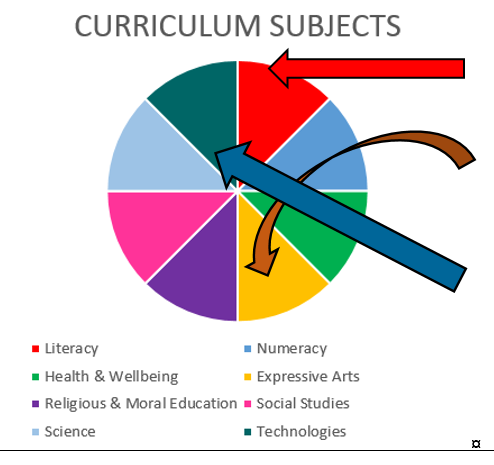
- Simply start with episode one and work your way through to episode 5 – remember to only do as much as you are able to at any time and to take breaks when your child(ren) need these.
- You can stick really closely to the questions and activities suggested by the plan, but it can be just as valuable to change these depending on how your children answer, and what they like/want/are able to do.
- At any suitable point during your Jack and the Beanstalk learning, let your child(ren) search through the extra activity ideas listed below and choose any that they want to do.
- When you are finished, we would love to hear how it has gone. Please leave a comment on this blog post below, and/or Tweet tagging your child’s school and our #LiteracyAtHome.
This way of learning is called Storyline and has been used in Scottish schools and nurseries for over 40 years. Click here to learn more about the Storyline approach.
Extra Ideas for your Jack and the Beanstalk Storyline work:
- Activities for nursery and primary 1 children – click here.
- BBC Radio Music resource – learn how to sing the story of Jack and the Beanstalk – click here
- Click here to explore Jack and the Beanstalk drama ideas from the Scottish Book Trust
- Click here to view copyright free pictures and resources

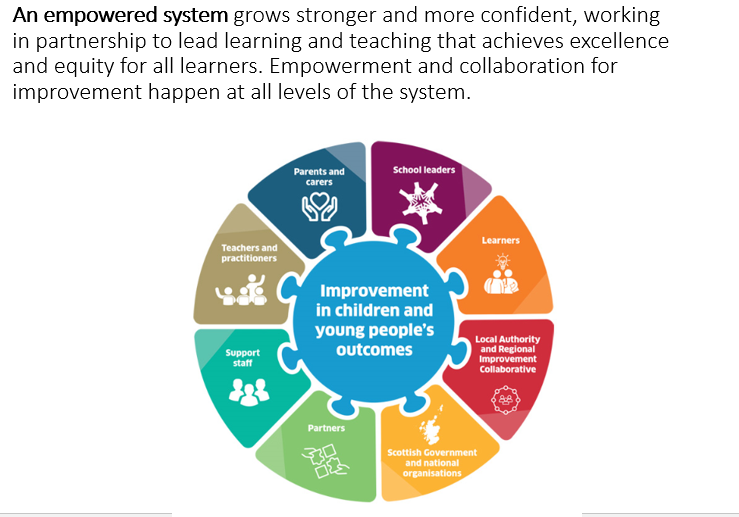
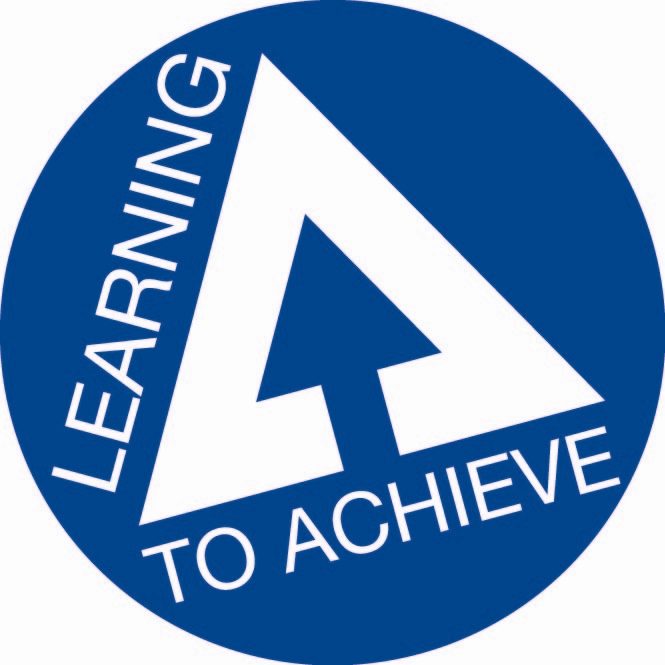
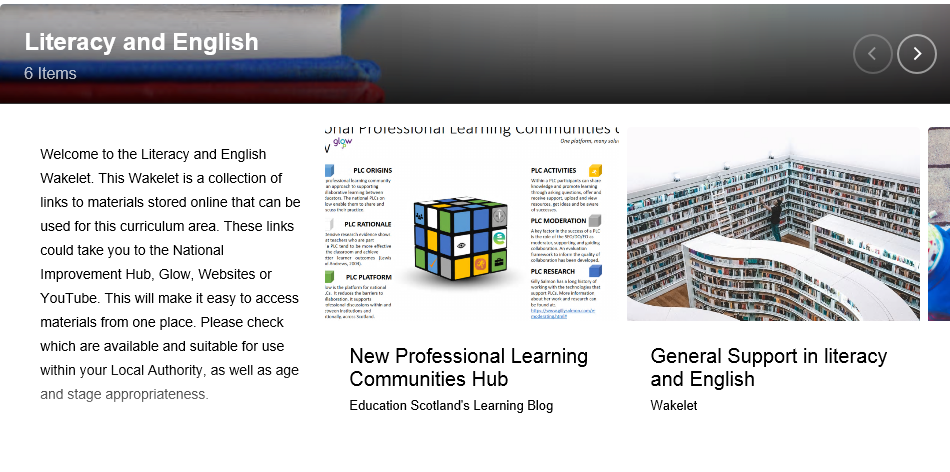
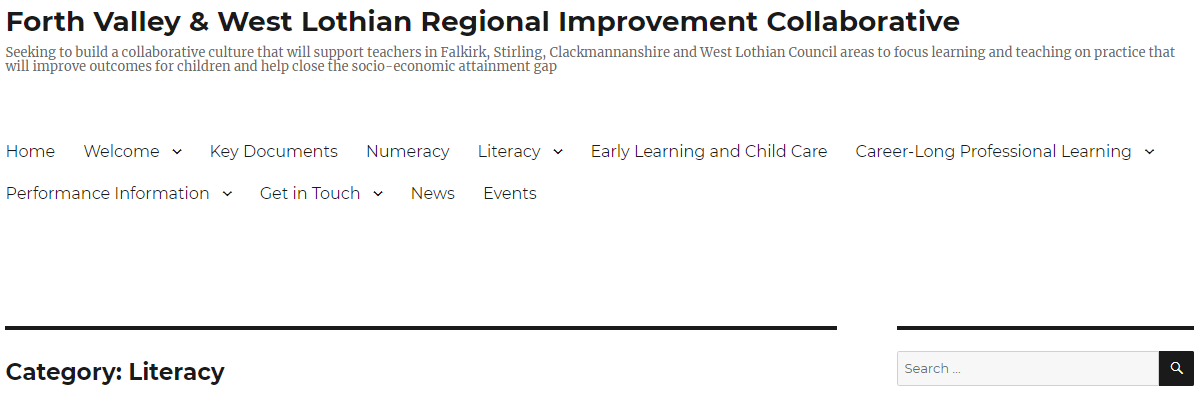
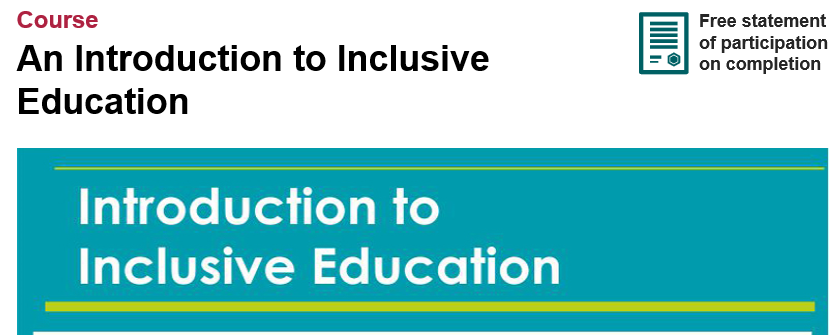
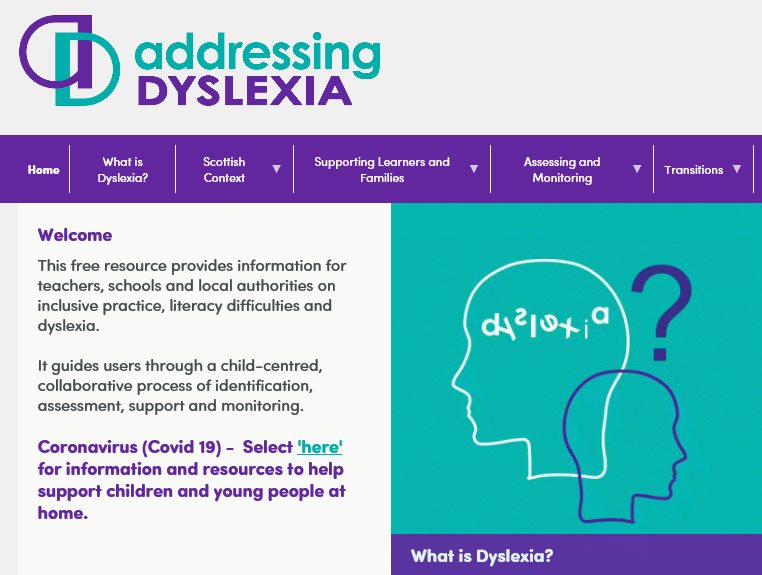 Click
Click 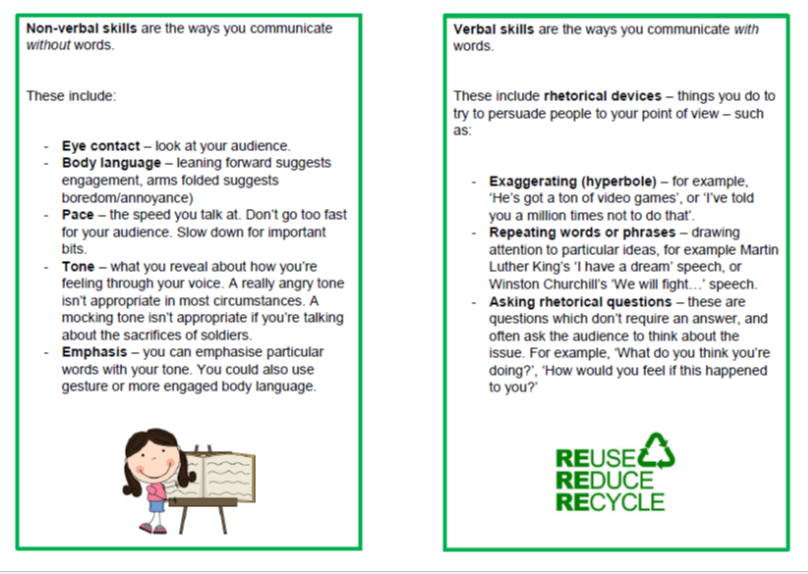
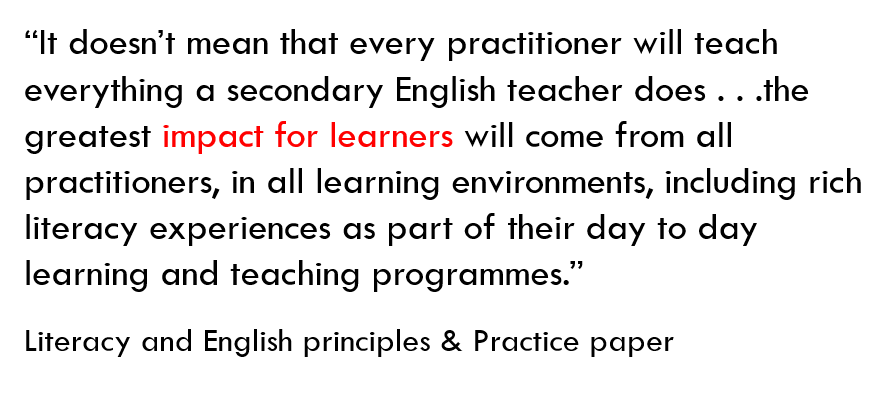
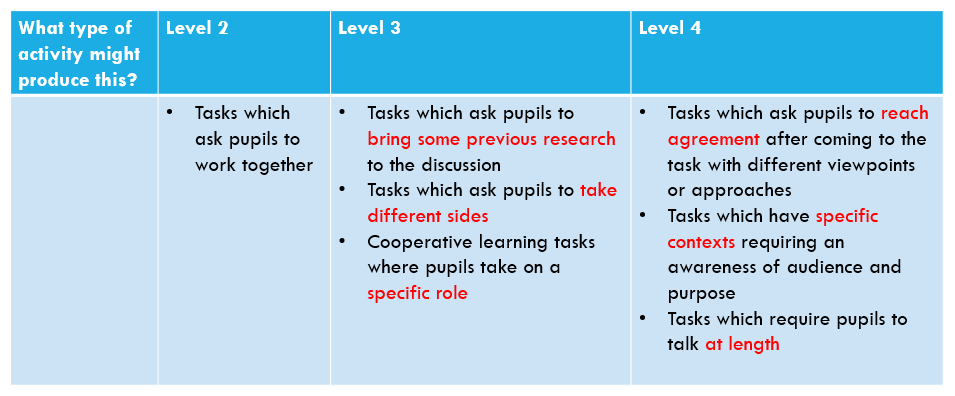
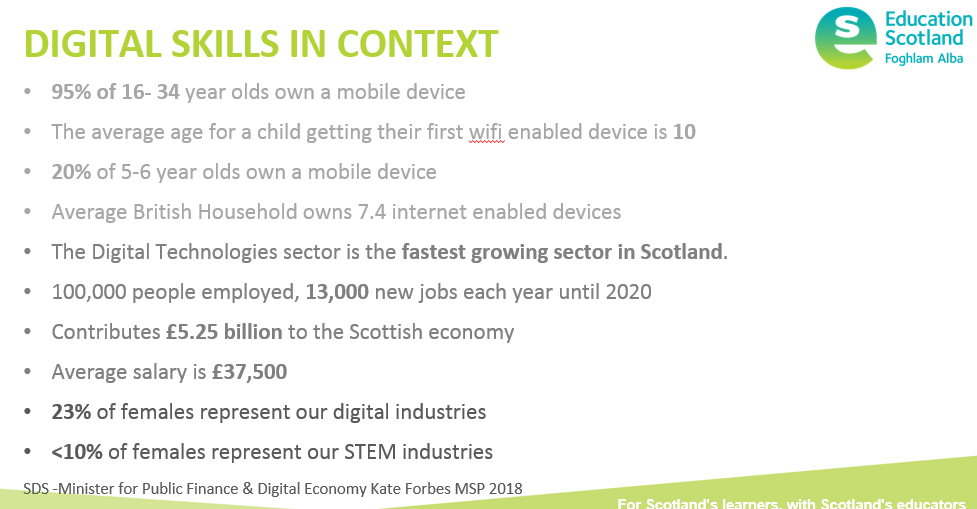
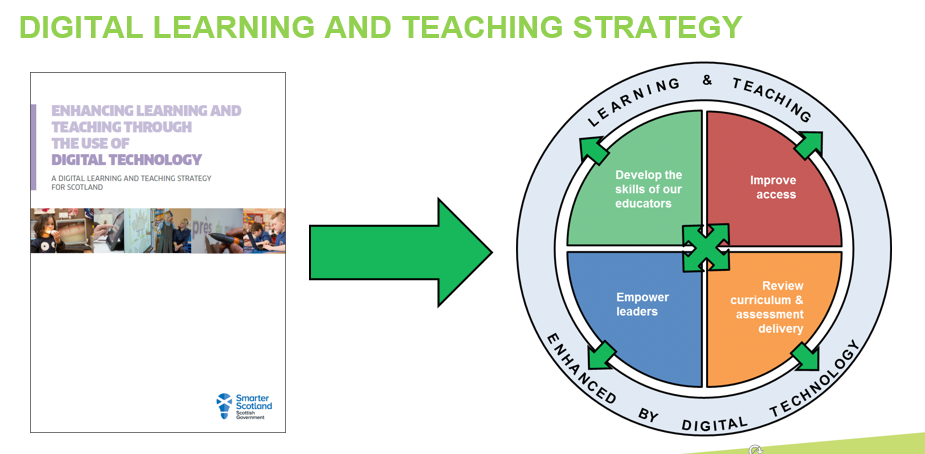
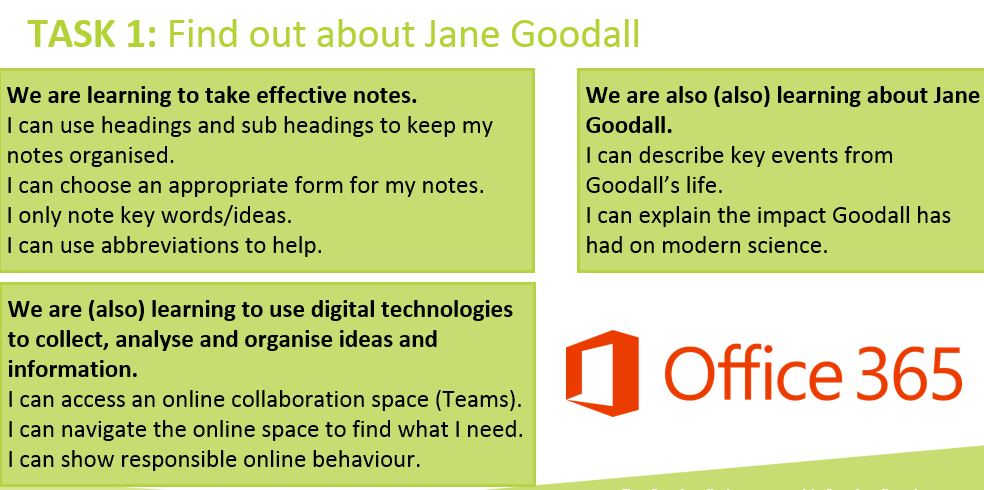 Click
Click 